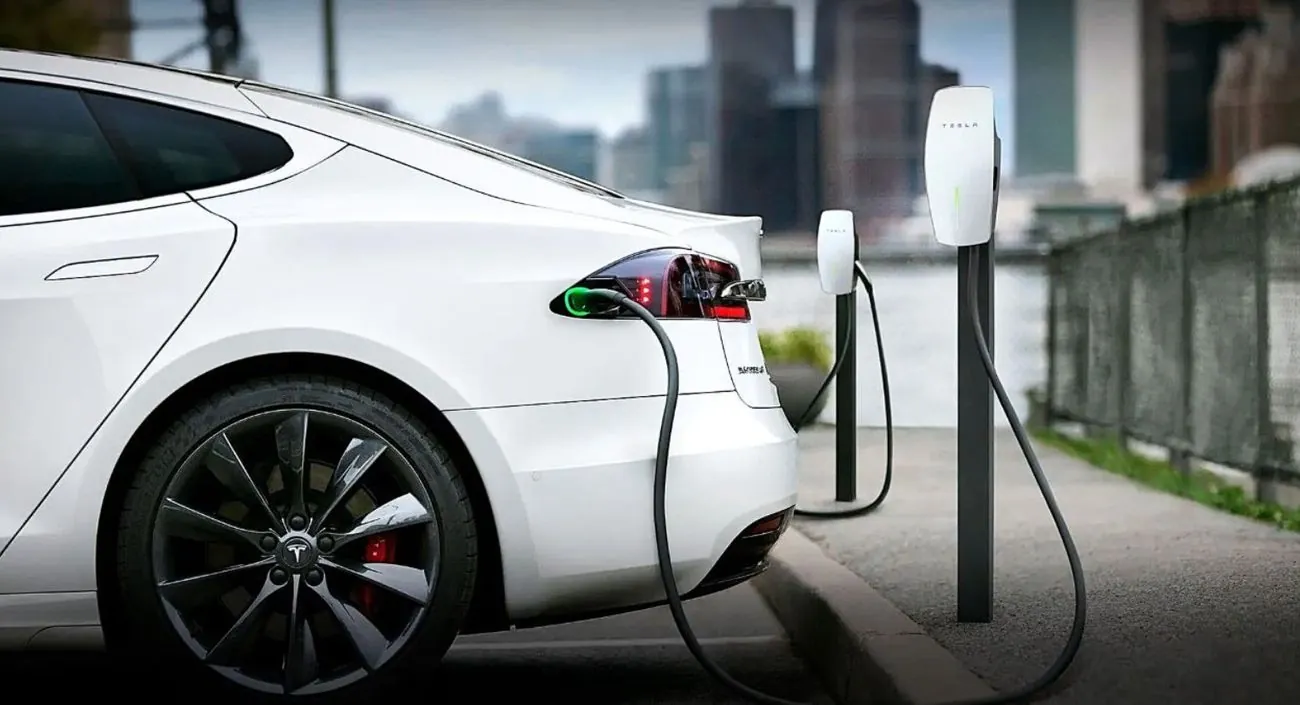China confirms the effectiveness of its strategy in one of the world’s largest and most competitive automotive markets. In Europe, a record share in both hybrid and electric vehicle markets has been achieved. This is reported by UNN with reference to Dataforce, Capital, and Bloomberg.
Details
Chinese car brands, led by BYD and MG SAIC Motor, have exceeded a 9% share in the European market for both hybrid and electric vehicles. This is evidenced by analytical data from Dataforce.
Growth in market share in the electric and hybrid vehicle segments—here China has a significant advantage.
Growing success is driven by competitive battery technologies and advanced software
The growth in hybrid sales is quite dynamic: in May 2024, Chinese brands had only 1% of the plug-in hybrid market; exactly one year later, the situation is 12% of sales in this segment. There is also growth in the mild hybrid category, where the share of Chinese manufacturers reached 7%.
Addition
Currently, there are serious concerns in Europe regarding the entry of Chinese manufacturers into the market. European Commission President Ursula von der Leyen is considering imposing import duties on Chinese electric cars, which the US recently approved.
However, Chinese companies have their own plan of action.
Chinese automaker BYD plans to produce small cars in Europe starting next year. The company says that potential tariffs will not have a significant impact, and here’s why.
We will become a European manufacturer. … We plan to launch the B-segment next year
BYD is the world’s largest manufacturer of electric vehicles, surpassing Tesla. The company is also considered a leader in the Chinese automotive market.
Recall
China is leading the technological revolution in the automotive industry, but internal competition affects profitability. Experts predict that only about ten companies will «survive». Among those facing difficulties is Xpeng.

Tesla faces serious barriers in China: it cannot export data to train its artificial intelligence, while its competitors—such as BYD and Huawei—are rapidly cutting prices, increasing production, and implementing advanced driver-assistance technologies, often even in the basic configuration.









